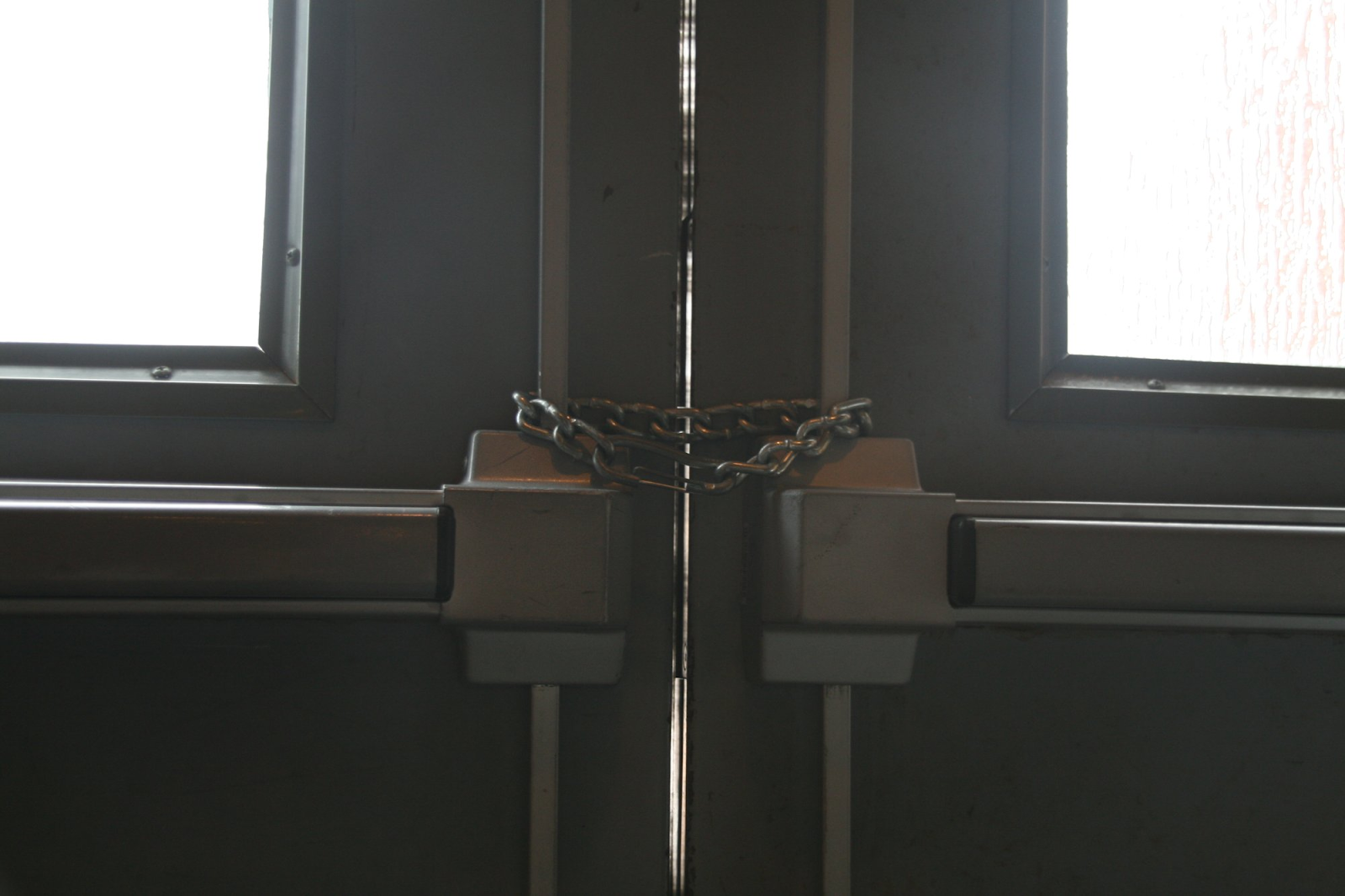In North Carolina, Charter Day School back in 2016 was sued by parents who objected to a dress code requiring girls to wear skirts, jumpers, or skorts. Charter Day School is part of the network of charters operated by Roger Bacon Academy, one of the charters that focuses on a "classical curriculum" in a "safe, morally strong environment," which meant, apparently, none of those pants-wearing girls in their school (It also supposedly means things like sentence diagramming in Kindergarten and Latin in 4th grade).
In 2019, a federal judge passed down the ruling that any public school in the country would have expected-- a dress code requiring skirts for girls is unconstitutional. The school quietly retired the item in the dress code.
The two judges, both Trump appointees, ruled that contrary to the assertion of the lower court, that charter schools should not be considered state actors, and are therefore not subject to the Equal Protection Clause of the 14th Amendment. The decision pointed to the larger issue in the case--deciding whether or not charter schools are public schools.
The federal appeals court was clear: Charter schools are not public schools. They are not state actors.
Sherwin added that the skirt rule violates equal protection because it's based on the old notion that "girls are fragile and require protection by boys." Judge Wilkinson, who was part of the three-judge panel in the previous decision, lamented the end of the "age of chivalry." The majority noted that such an age was also the age "when men could assault their spouses" and that chivalry "may not have been a bed of roses for those forced to lie in it."
Sherwin reports that the court rejects the notion that the dress code was okay because it was oppressive to both genders. Discriminating against both men and women, the court notes, "does not eliminate liability, but doubles it."
And Sherwin passes on a great note from Judge Keenan (the 1 on the original ruling) who separately wrote against the argument that the code wasn't harming girls because they still got good grades. “We cannot excuse discrimination because its victims are resilient enough to persist in the face of such unequal treatment." "Nevertheless she persisted" apparently does not excuse whatever she must persist in the face of.
Kudos also to Judge Wynn who, Sherwin reports, "says the dissent's comparing school choice to ordering steak or salmon at a restaurant 'leaves a bad taste in the mouth. Subjecting girls to gender discrimination that causes lasting psychological damage is not the same thing as ordering fish.'"
The National Alliance for Public Charter Schools applauded the ruling:
The importance of this case could not be overstated, as it was the first time a federal appellate court considered whether public charter school students deserve the same constitutional civil rights protections as district public school students. The en banc court clearly and unequivocally affirmed that charter schools are public schools and, accordingly, must be bound by the US Constitution. Moreover, public charter school students have the same constitutional and civil rights as their district public school peers.
Aaron Streett is an attorney with Baker Botts, a multinational law firm (where both Amy Coney Barrett and Ted Cruz once worked), and that he's the chair of their Supreme Court and Constitutional Law Group. Streett says that the majority opinion "contradicts Supreme Court precedent on state action...and limits the ability of parents to choose the best education for their children." After the ruling came down, Streett played coy about whether they would appeal or not; now we're past coyness.
The appeal is going straight after the underlying issue of the case
In its petition, the school argues the ruling by the appeals court is flawed because it identifies Charter Day School as a state actor. The school argues it is a privately run school that receives public funding through its charter, and therefore is not a government-run entity.
"The (court of appeals) decision ... profoundly threatens this model," said a statement from school officials in a Monday news release. "This holding undoes the central feature of charter schools by treating their private operators as the constitutional equivalent of government-run schools."





